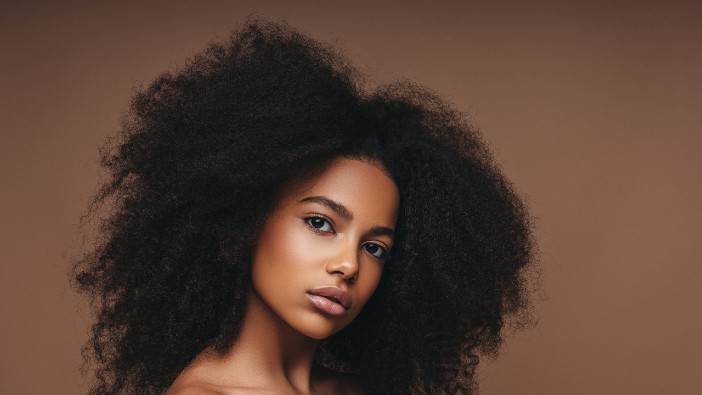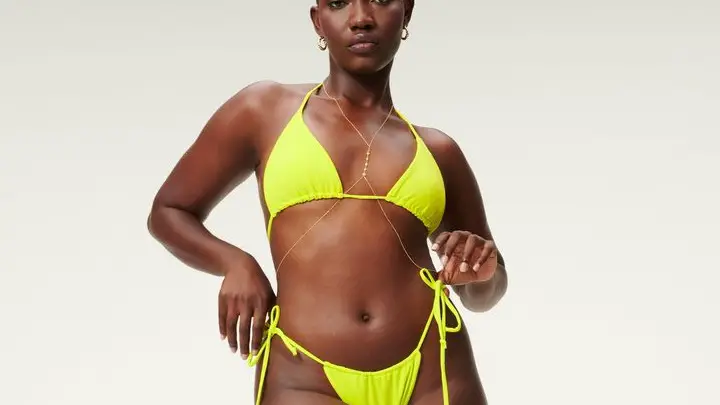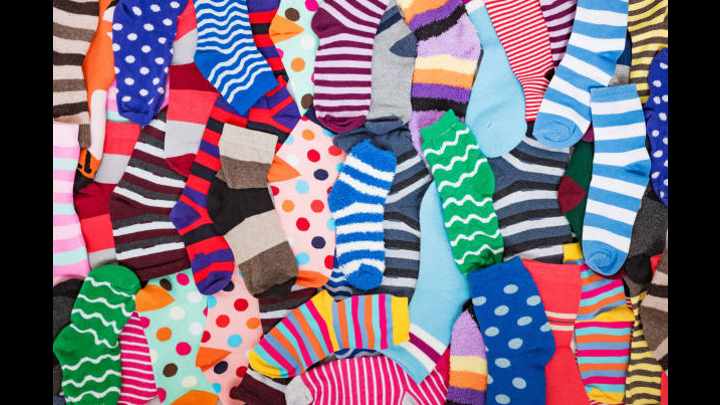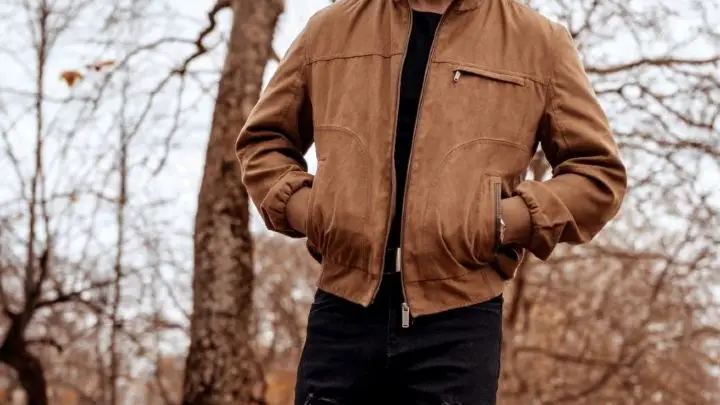The first time I heard about using rice water to wash hair, it sounded like the most absurd thing I ever heard. I thought of getting my hair clogged with starch…and many other things. It just didn’t sound right.
After hearing so much from my cousin with a hair type similar to mine, I decided to give it a try; though, half-minded. Guess what? It worked. It was everything I was told it’d be.
So, I thought, who else would tell this story other than a converted doubting Thomas.
In this article, I’ll be telling you how to use rice water to wash your hair and the benefits that come with it.
How to Make Rice Water for Hair Growth
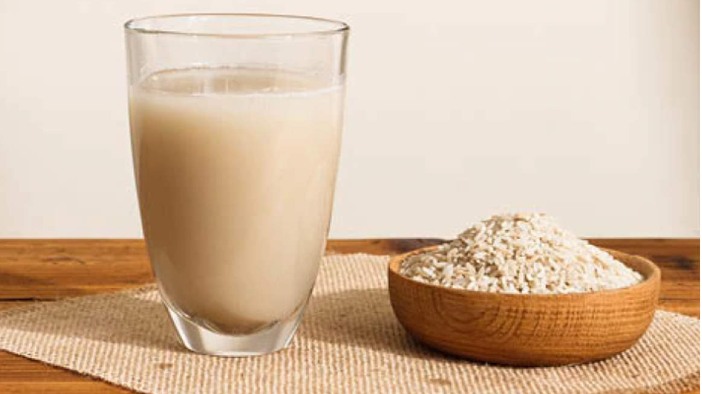
Getting rice water is no Herculean task. All you need is raw rice, water, bowls, and maybe heat. Also, there are three different ways to make rice water for hair growth.
Follow these steps to get your hair’s new “holy grail”.
The soaking method
- Take 1 cup of uncooked rice and rinse thoroughly to get rid of impurities and dirt
- Turn the clean rice into a bowl and add about 4 cups of water
- Allow to soak for 20-30 minutes
- Afterward, pour the rice with the water into a strainer with a clean bowl underneath
- Your rice water is set
The boiling method
- Take 1 cup of uncooked rice and rinse thoroughly
- Pour the clean rice into a clean pot and add water. The water volume should be about double the quantity used for cooking.
- Allow the rice to cook without any ingredient until you can see the starch in the water
- Afterward, turn the contents of the pot into a strainer with a clean bowl underneath
- Set the rice water aside to cool before use.
The fermentation method
- Take 1 cup of rice and rinse thoroughly
- In a clean bowl, soak the rice in a double proportion of water
- Leave to soak for about 20-30 minutes
- Then, strain out the water into a clean bowl
- Get a clean glass and turn the rice water into it. Leave the bottle in a dark room of room temperature for 24 hours.
- However, you should check on it for traces of foul smell. If you notice any, stop the fermentation process and store away.
- Additionally, fermentation helps to reduce the pH level of rice water so it can balance with the pH of your hair. And it is a way to get the best of the vitamins and other nutrients contained in the rice.
In addition, you can store your rice water in a bottle and keep it in the refrigerator for future use.
How to Use Rice Water for Hair Growth
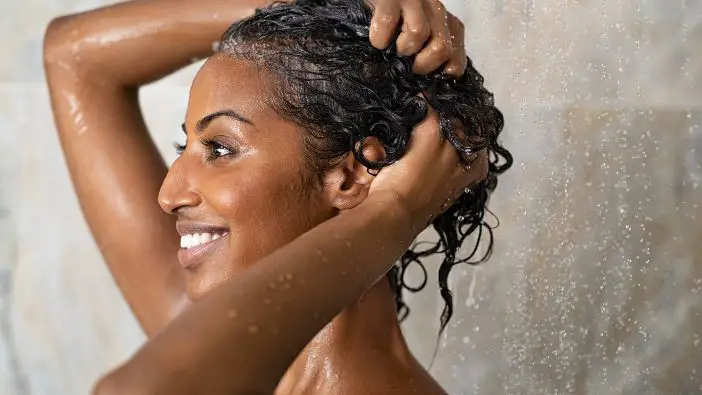
First, you should know what role rice water is playing. Rice water serves as a conditioner, improvised conditioner. So, it comes after shampooing.
Here’s how:
- Thoroughly wash your hair with a suitable shampoo
- Rinse lather off well
- After that, pour rice water onto your hair and massage it in well, especially with focus on your scalp
- Allow it to condition your hair for at about 10-20 minutes
- Then, you can rinse it off with warm water
Learn More: Protect Your Hair’s Natural Oil With Sulfate-Free Shampoo
11 Benefits of Rice Water for Hair Growth
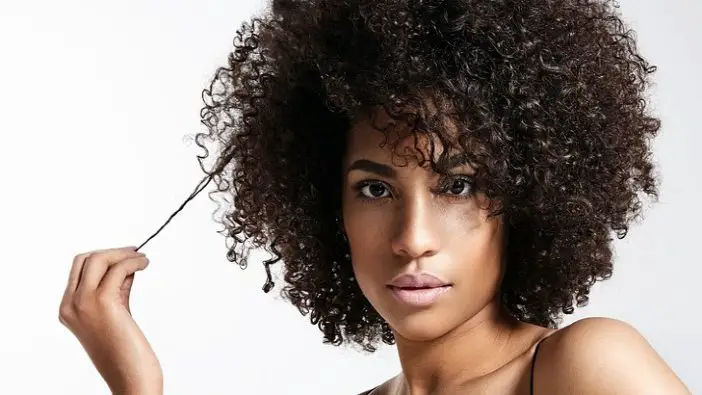
Rice water does your hair a great deal of good. From being pocket-friendly to repairing damages on the scalp and restoring shine to your hair. The benefits are worth the swap.
1. Easy to use
Rice water does not need a manual for application. It is very easy to use and supports minimal hair care. You can store it in a spray bottle and just spray it onto your hair whenever you need it.
To sum it up, you do not need an extra hand or a salon’s expertise to rinse your hair with rice water.
2. Good substitute for hair rinse
Rather than rinsing your hair with a conditioner, you can replace it with rice water. Not only will you be freeing your hair from more chemicals, but you’ll also remain in line for getting your hair properly conditioned.
Rice water improves your hair texture and adds to your hair volume. It also keeps your hair strands strong and healthy.
In addition, you can add essential oils like rosemary oil or lavender oil when using it as a conditioner.
3. Promotes hair growth
This is the benefit that has many ladies running to rice water. Rice water contains amino acids that foster the regeneration of hair and hair growth. This means it helps to reduce the rate at which hair falls off during washing, combing, or styling.
Moreover, rice water stimulates blood flow to the scalp, removes dirt and any buildup on the scalp. This action consequently leads to longer hair.
4. Moisturizing effect
Rice water has a high starch concentration. The starch coats the surface of the hair strands and adds in moisture. It also helps to keep the scalp hydrated.
Read Also: Restore Moisture to Your Hair With These Hair Dryness Products
5. Rice water adds shine to the hair
When applied as a hair mask, rice water leaves your hair looking smooth, silky, and shiny. The amino acids that steep in during fermentation are responsible for this benefit. Amino acids strengthen the root of hairs, acts as a smoother, and protect your hair.
Consequently, your hair becomes lustrous with increased volume. In addition, rice water keeps your hair hydrated and repairs split ends that contribute to hair dullness.
6. pH balancing
Rice water does not strip your hair of its natural oils. During fermentation, certain nutrients steep into the already slightly acidic water. Then, they all work together to strike a balance between the pH of your hair and rice water.
Also, the hair follicles get nourished in the process. As a result, your hair grows healthily with an increase in volume, length, and overall conditions of the hair.
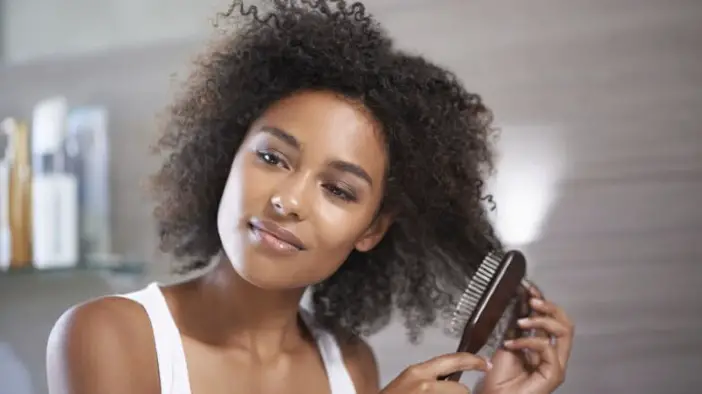
7. Rice water eases detangling
Inositol, a carbohydrate, is one of the key ingredients present in rice water. It helps to reduce surface friction by strengthening the cuticles. Various vitamins like vitamins A, C, and E improve hair elasticity. So, these nutrients synergize to make detangling very easy.
8. Frizz control
Ladies with either type 3 or type 4 hair will greatly relish this benefit. These hair types have curls that do not retain moisture and are prone to frizz. Inositol helps to lessen curls frizz.
Most importantly, it is the conditioning effect the makes it softer, allowing every vitamin and inositol to work through. They make your hair smoother, more elastic, and fuller.
See Also: Hair Hack: How to Straighten Curly Hair Without Frizz + Guide
9. Rice water protects and restores hair from damage
Research has proven that even after rinsing, inositol remains on the hair. It continually reduces surface friction and smoothens your hair. In other words, it keeps your hair continually protected from breakage and even repairs damaged scalp or hair.
In addition, rice water contains a good level of protein that also gets attached to your hair strands and protects them from breakage.
10. Dandruff removal
Who doesn’t want a lasting end to dandruff, the itchiness, and irritations it comes with? Fermented rice water has antifungal properties. So, this makes it a good combatant to the fungi, Malassezia, that causes dandruff.
Regularly rinsing your hair with rice water, first, calms the irritations and gradually gets dandruff off your scalp and hair. Eventually, you will find out they are all gone.
11. Gets rid of lice
The starch in rice water makes your hair an uncomfortable environment for these bloodsuckers. I believe this draws the battle line between you and lice.
Side Effects of Rice Water for Hair Growth
Rice water sure has a lot of benefits. Meanwhile, overuse and certain factors put some imperfections on this natural hair care product.
1. Rice water could dry out your scalp
The mistake of using rice water too frequently, leaving it on for too long, not rinsing it off, could make your scalp dry out. It can also make your scalp flake. And too dry scalp leads to excess yeast that may interact with the sugar and starch from rice water.
Consequently, your hair root and scalp are exposed to different chemical reactions that are unsafe for hair growth and integrity.
2. The funny smell
The smell, especially fermented rice water, could be a turn-off if you easily get irritated. But, this can be reduced if you add some essential oils before use. Lavender oil and rosemary oil are great options.
However, you have to be mindful of the quantity, or else you’d be obstructing the penetration of rice water into your scalp and entire hair. The oil may get attached to your hair strands and prevent water from distributing nutrients freely.
3. Protein buildup
Too frequent use of rice water may load your hair with too much protein. Depending on your hair porosity, too much protein that isn’t well absorbed could be a problem.
The proteins rather obstruct the absorption of other hair care products into the hair follicles and cause a buildup. Consequently, the hair becomes brittle, dry, and prone to breakage.
Learn More: Hair Porosity Test: Simple Ways to Identify Your Porosity Level
4. Rice water may contain chemicals
Chemicals like insecticides residues may be present in rice water, especially rice water from the soaking method. For instance, arsenic which has a high affinity for keratin may steep into the water during soaking and then attach itself to the hair strands.
Subsequently, too much use of rice water will increase the concentration of arsenic on the hair and it can eventually lead to excessive hair loss. So, you have to be wary of your choice of rice and how much you use rice water as a hair treatment.
SEE: Is Rice Water Good for Low or High Porosity Hair? Find Out the Answer
5. It must be used consistently
Rice water treatment is for the patient at heart. It may take up to a month or more before significant progress can be seen. Also, dandruff may return if the treatment is stopped.
FAQs on Rice Water For Hair Growth
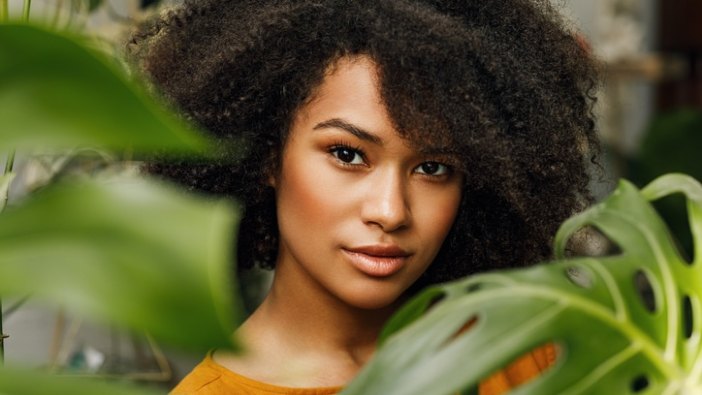
1. Does rice water for hair growth work?
Yes, it does. Rice water contains vital nutrients like inositol, vitamins, proteins, and minerals that are necessary for hair growth. However, you should be ready to commit to consistent use.
2. Can rice water reduce the rate at which my hair falls?
Yes, it can. Rice water contains amino acids and vitamins that enhance hair growth and foster the regeneration of hair. Also, they work down to the root of your hair and strengthen hair strands, preventing them from excessive shedding.
3. How long do I have to use rice water for hair growth?
Rice water for hair growth requires consistent use if you must get results. Some people notice changes in their hair after 3-5 weeks. Most importantly, you should be committed to regular use and be careful to not overuse it.
Too frequent use of rice water may rather be exposing your hair and scalp to what you are protecting them from.
4. Why does my hair fall after using rice water?
Rice water contains proteins that can build up if used too frequently. Depending on your hair porosity, protein may not be safe for you. For instance, low porosity hair cannot absorb these proteins; hence, they’ll build up on the hair strands.
So, your hair may be falling off because of too frequent use of rice water on your low porosity hair.
5. What type of rice is suitable for rice water for hair growth?
Any type of rice can be used for rice water for hair growth. Whether it is white, brown, basmati, wild rice, or any other type, you need to rinse it well to get rid of dirt and impurities.
Conclusion
When rice water for hair growth was introduced to me; I was battling frizz and hair breakage. And being a lover of natural products, I wasn’t going to get a chemical-based hair product that would put me in a box of cautiousness.
The need for natural hair care products is fast rising. Many are all about protecting their hair from the harsh effect of chemicals. So, if you’re out to get longer hair with natural hair care products, you can adopt rice water for hair growth.
Furthermore, the benefits are not what you can overlook. What about the drawbacks? They are obviously outweighed by the benefits. So, giving it a try should not be a bad idea.
Most importantly, you should know your hair porosity to avoid protein overload that can lead to hair loss.
Thanks for reading.
Check Africana Fashion for more articles on hair care products and their uses.
